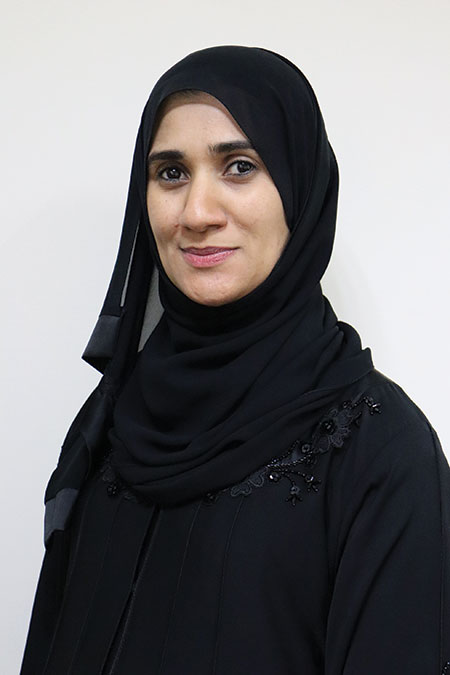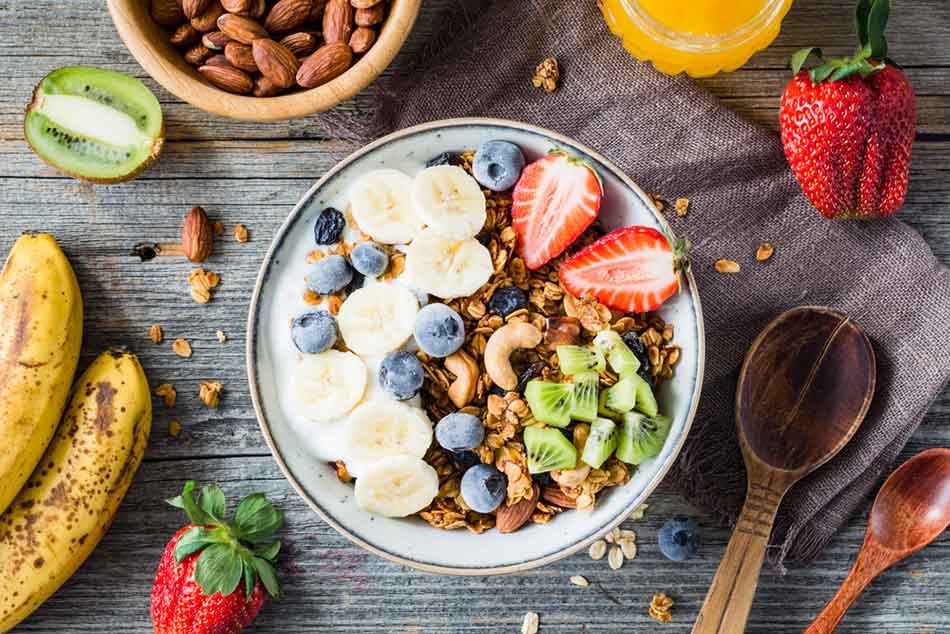According to World Health Organisation, health is a complete status of physical, mental, and social well-being, and not just the absence of disease. Reiterating the same, Basma Al Yazeedi, Assistant Professor at the Maternal and Child Health Department, College of Nursing, Sultan Qaboos University, notes that the current focus of healthcare services is directed toward optimisation of physical, mental, and social health, which is usually achieved through health promotion and disease prevention practices.

Basma got her baccalaureate degree in nursing from the Sultan Qaboos University; following graduation, she worked as a staff nurse in the Neonatal Intensive Care Unit at Sultan Qaboos University Hospital for a year before she was appointed as a demonstrator at Sultan Qaboos University, College of Nursing. In 2012, she earned her master’s degree in nursing as a paediatric nurse practitioner with a cardiovascular subspecialty from Case Western Reserve University at Ohio, United States of America (USA). She then did her Ph.D. study at the University of North Carolina- Chapel Hill with a research focus on childhood obesity and graduated in 2018.
In the following interview, she sketches a roadmap for good health that encompasses all round wellness of physical, mental & social well-being
Medically speaking, what is the role of lifestyle on one’s health?
Lifestyle is the way a person lives. Therefore, it involves aspects such as eating choices, physical activity practices, and sleeping patterns, which are all linked to health. Consuming a balanced diet, being physically active through limiting sitting and screen times, and having adequate sleep time at night is a lifestyle pattern that shall promote health and vice versa.
What are some of the dos and don’ts to follow to correct the imbalance between one’s lifestyle and health?
As I have mentioned earlier, lifestyle involves eating, physical activity, and sleeping practices.
Diet
According to the World Health Organization (WHO), adults need 2,000 to 2,500 kilocalories a day, alongside an adequate intake of fruits and vegetables for physical, mental & social well-being. However, urbanisation and modern lifestyle imposed risks to healthy eating practices. Fast food and dining out expose people to low nutrients and dense calorie food that place people at risk for obesity and its comorbidities. Therefore, eating from fast food shops and restaurants should be limited. Also, people should pick their meal smartly and consider the quality and quantity of the food ordered at restaurants.
Homemade meals are generally healthier. Cooking at home can be part of a person’s lifestyle, and actually, it is becoming a trend in today’s social media. People can further boost their health by cooking meals with ingredients that are organic and less processed.

Because of the current busy lifestyles, people frequently miss their breakfast – a well-nourished breakfast is always a plus and will supply the person with the right amount of energy throughout the day. This should become a basic daily morning routine in everyone’s life.
Healthier snacks such as fruits, vegetables, home-made foods that are trans-fat free and with minimal sugar and salt are a better option than most of the packed snacks sold in the market. Also, having a handy large bottle of water is helpful as one usually forgets to drink adequate water during the day.
Physical Activity
The recommendation is to spend one hour of moderate to vigorous physical activity a day for physical, mental & social well-being . This can be achieved regularly in the gym or by practicing different lifestyle activities. Allotting a daily time for fun and vigorous activities such as jumping a rope, jogging around the house garden or neighbourhood park; joining kids in physical play, and accomplishing some of the house chores can fulfil the physical activity needs. Also, restricting passive lifestyle is another tip to enhance a person’s level of physical activity. For example, physical shopping instead of online shopping, using the stairs instead of elevators, and parking the car at a reasonable distance to enhance walking are different pictures of an active lifestyle. Also, sparing the time spent in front of the television, laptops, and mobile phones with more fun physical activities shall promote one’s physical activity and fitness level.

Sleep
Adequate night sleep time affects the person’s ability to function throughout the day. Besides, recent research indicates a strong relationship between sufficient night sleep time and wellness. Adults require 7 to 9 hours of night sleep a day. To establish a healthy sleeping pattern, a person should maintain a routine sleeping schedule, avoid disturbances at sleep time including mobile phones and late social gatherings, and avoid drinks that include stimulants such as caffeine before the bedtime.
How important is diet and fitness in the wellness factor? How important is mental wellness in overall health?
Besides eating, physical activity and sleeping patterns, healthy lifestyle involves positive mental and social behaviours. Disruptive mental and social wellbeing may hinder people from taking good care of their physical health. People face different situations and changes in their life circumstances that risk their mental health and, subsequently, physical health. Therefore, it is essential to learn appropriate coping and stress management skills to survive. Also, developing a sense of belonging through proper social and emotional relationships enhances stability in a person’s life, which, in turn, helps a person function more effectively.
What are the main challenges in ensuring all-round health and wellness of the family?
Lifestyle is a personal choice; but many times, the environment influences the choices made by people. Cultural factors embedded in the community and represented by common social practices affect lifestyle behaviours at both family and personal levels. Also, peers in the school and neighbourhood play a role in shaping children’s lifestyle behaviours. Most apparently, it is today’s social media that largely impacts lifestyle choices, which may contradict the lifestyle practices learned at home. Therefore, it is very helpful when parents and family discuss and agree on common lifestyle practices to avoid conflicts within their family.
What are the health prompts for maternal health?

Pregnant women have to maintain regular checkups with their healthcare providers and adhere to the daily dose of prenatal vitamins and minerals. For optimal maternal health, pregnant women should consider following recommendations in regards to eating, physical activity practices, and sleeping. Having a balanced diet, adequate hydration, adequate intake of fruits and vegetables, in addition to maintaining a good sleep pattern and physical activity level will help her go through a healthy pregnancy journey. Also, minimising stress and maintaining good mental and emotional health is essential to her general health and her growing foetus health as well.

